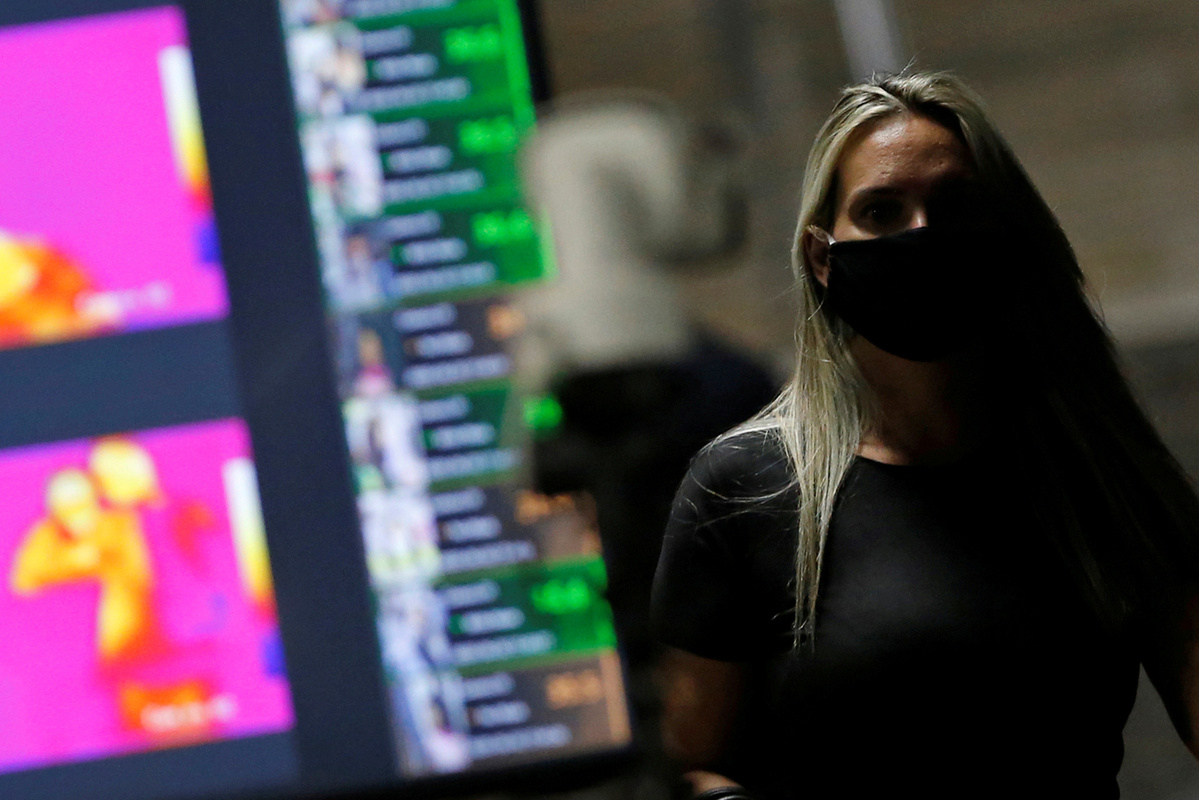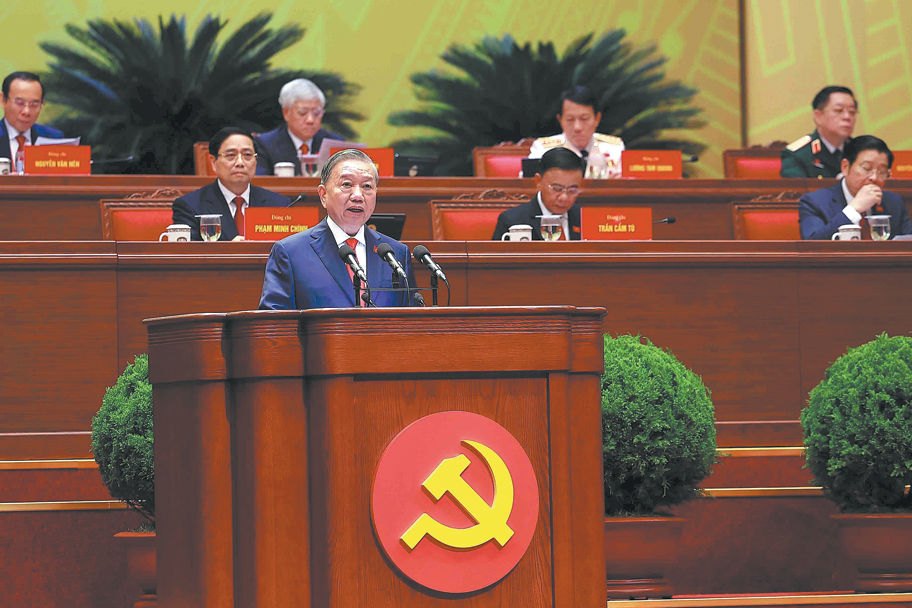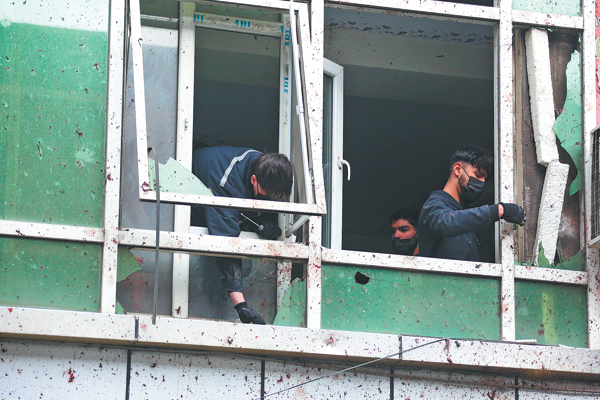Brazil joins UK effort to test vaccine


Country becomes first to offer volunteers; WHO clears restart of malaria drug trial
RIO DE JANEIRO-As Latin America has emerged in recent weeks as a major center for coronavirus, governments are taking major steps to fight the pandemic.
Brazilian officials said on Wednesday that the government has authorized testing in the country for a COVID-19 vaccine developed by the University of Oxford.
The National Health Surveillance Agency said that the vaccine is one of the pioneers in the fight against the virus, and Brazil will be the first country outside the United Kingdom where its efficacy will be tested.
The study is supported by the Brazilian Ministry of Health and will be performed on volunteers who have not been previously infected with the virus. The trial will be administered under the direction of Brazilian health authorities and research institutions.
The vaccine has been tested as effective on laboratory monkeys and is being administered to 10,000 volunteers in the UK.
Brazil reported 1,349 coronavirus deaths in the latest 24-hour period on Wednesday, the health ministry said.
The figure took the total deaths from COVID-19 in Brazil to 32,548, with 584,016 confirmed infections.
In another virus hot spot, Mexico on Wednesday announced more than 1,000 deaths in a day for the first time.
Meanwhile, the Mexican government has begun reopening its vast auto industry. However, plans to further relax social distancing measures this week were put on hold in recognition of the fact that infections had not yet begun coming down.
The Pan American Health Organization called on governments to "think twice" before lifting social distancing measures, as reopening too early could cause the disease to rebound. The organization suggested that Latin America countries should carry out massive testing for all suspected cases of COVID-19.
Chile's government said on Wednesday it was prolonging a three-week shutdown of the capital Santiago as the COVID-19 death toll also reached a new daily record in the country. Health officials said 87 people had died in the previous 24 hours, and nearly 5,000 new infections were recorded.
On the treatment front, the World Health Organization said on Wednesday that it would resume trials of hydroxychloroquine as a potential treatment after doubts were cast on the study that prompted the suspension over safety fears.
US President Donald Trump and Brazilian President Jair Bolsonaro have touted the drug, with Washington sending Brazil 2 million doses earlier this week.
WHO Director-General Tedros Adhanom Ghebreyesus said the executive group of the Solidarity Trial program had decided to implement a temporary pause last week due to safety concerns. The decision was taken as a precaution while the safety data was reviewed, something that has since been done by the Trial's Data Safety and Monitoring Committee.
Safety data
"On the basis of the available mortality data, the members of the committee recommended that there are no reasons to modify the trial protocol," Tedros told a virtual news conference from Geneva.
"The executive group received this recommendation and endorsed continuation of all arms of the Solidarity Trial, including hydroxychloroquine."
He said the executive group will communicate with the principal investigators in the trial about resuming the hydroxychloroquine arm of the trial.
The WHO's announcement of a temporary halt, made on May 25, came after a paper published in The Lancet medical journal showed that people taking hydroxychloroquine were at higher risk of death and heart problems.
The Lancet articles have now turned out to be problematic. A report on ScienceMag.org on Tuesday said that the British journal's results have begun to unravel, and Surgisphere, which provided patient data for two other high-profile COVID-19 papers, has come under withering online scrutiny from researchers and amateur investigators.
Chen Weihua in Brussels, Pan Mengqi in Beijing, Xinhua and agencies contributed to this story.






























